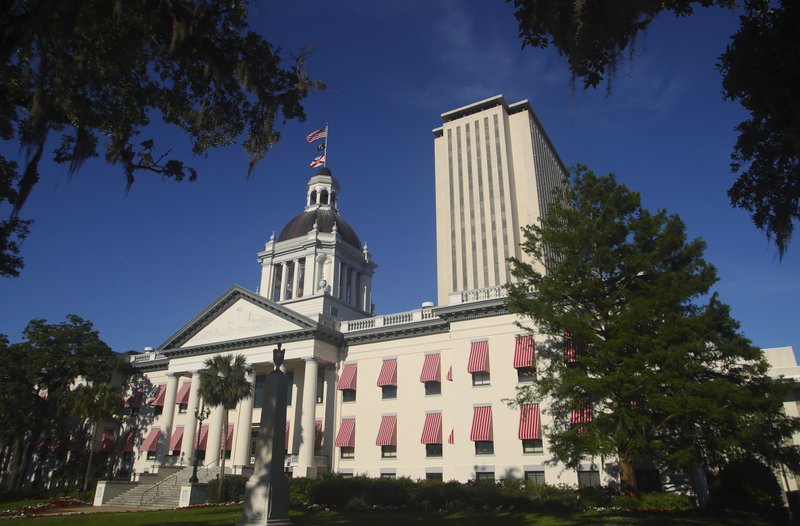Youth discouraged by Democratic primary should focus on local races

Some college students were likely disheartened by the suspension of Sen. Bernie Sanders’ (I-VT) campaign for president of the United States, which solidified former Vice President Joe Biden’s position as the presumptive nominee.
Sanders clearly motivated the younger generation. A Forbes poll from March found that 53 percent of voters under 30 preferred Sanders to get the nomination compared to Biden’s 36 percent.
Since Sanders’ exit and subsequent endorsement of Biden, some young voters may feel like they don’t have a reason to be excited to get out and vote in November.
Young people who are unmotivated by the presidential campaign, however, should find enthusiasm in local candidates that adequately champion the policies they believe in. It is crucial that young people participate in selecting their local leaders and elected representatives.
County officials, state representatives and state attorneys are all on the ballot next November. All play crucial roles in our lives and the lives of people in our community, especially in the time of crisis in which we are living.
These positions in government are crucial and determine many aspects of our daily lives. County commissions, for example, determine a wide range of issues including funding for roads and mass transit, provisions for affordable housing and homelessness services, and environmental protections like plastic straw bans and wetland preservation. Each of these issues is of great concern to young voters.
State attorneys are local prosecutors for each county, who recommend charges against people accused of crimes. Few positions have more impact in the realm of criminal justice than these officials. If young people care about issues like restoring felons’ right to vote and ensuring juvenile offenders are treated fairly, they should be active in these races.
State government, meanwhile, has an influence on basically any policy issue, including resources that allow many young people to attend school. College and university funding and programs like Bright Futures scholarships are controlled by the state government. If young voters want to one day make public colleges tuition-free, for example, then an excellent place to start would be to bolster these programs.
Just because a preferred candidate will not be at the top of the ballot in November does not mean that those voters should not take part in politics. If anything, it’s a reason to do just the opposite.
Remaining engaged in the political process is crucial if young people wish to see a government that reflects their priorities.
Jared Sellick is a senior studying political science.






